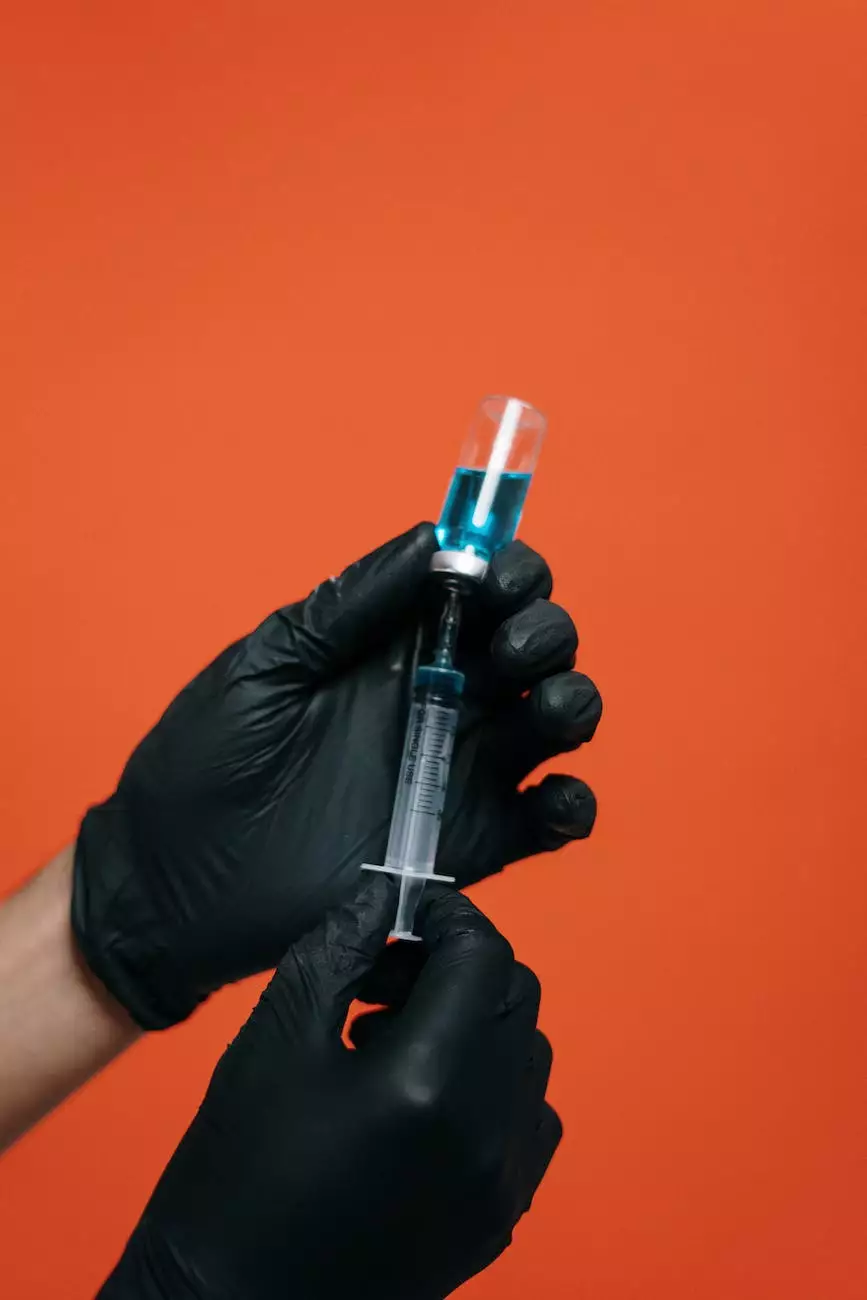Testosterone and Your Immune System
Health
Welcome to CHI St. Luke’s Health - Performance Medicine! We are dedicated to providing you with the most comprehensive and informative content in the health industry. In this article, we will explore the fascinating relationship between testosterone and your immune system.
The Role of Testosterone in Immune Health
Testosterone, a hormone primarily associated with male characteristics, plays a crucial role in various bodily functions, including immune health. It has been observed that testosterone influences the immune system by enhancing the production of specific immune cells and regulating their activity.
Research suggests that optimal testosterone levels contribute to a more robust immune response, helping the body to fight off infections and diseases effectively. Additionally, testosterone aids in reducing inflammation, a key factor in maintaining a healthy immune system.
Impact of Testosterone on Overall Health
Besides its influence on the immune system, testosterone also plays a significant role in overall health and well-being. Proper testosterone levels are essential for:
- Regulating muscle strength and mass
- Promoting healthy bone density
- Supporting cognitive and mental health
- Enhancing libido and sexual function
It's important to note that both men and women require an optimal level of testosterone for proper physiological functioning. Testosterone deficiency can result in various health issues, including weakened immune function.
Optimizing Your Immune System and Testosterone Levels
There are several strategies you can employ to optimize your immune system and maintain healthy testosterone levels:
- Regular Exercise: Engaging in physical activity not only helps boost testosterone levels but also enhances immune function. Incorporate a combination of cardiovascular exercises and strength training into your routine for optimal results.
- Healthy Diet: Maintain a balanced diet that includes essential nutrients such as proteins, healthy fats, and a variety of fruits and vegetables. Certain foods, like those rich in zinc and vitamin D, can support testosterone production and improve immune system function.
- Adequate Sleep: Prioritize quality sleep to allow your body to recover and regulate hormone levels effectively. Sleep deprivation can negatively impact testosterone levels and weaken immune function.
- Stress Management: Chronic stress can lead to decreased testosterone levels and compromise immune health. Incorporate stress-management techniques like meditation, deep breathing exercises, or engaging in hobbies you enjoy.
- Consult a Healthcare Professional: If you suspect a testosterone deficiency or have concerns about your immune system, it is essential to consult a healthcare professional. They can perform tests and provide personalized recommendations based on your specific needs.
Conclusion
Understanding the relationship between testosterone and your immune system is crucial for maintaining optimal health. At CHI St. Luke’s Health - Performance Medicine, we strive to educate and empower individuals like you to make informed decisions about your well-being.
By following the strategies mentioned above and seeking professional guidance, you can optimize your immune system and achieve overall wellness. Stay tuned for more informative articles on various health topics to help you lead a healthier, happier life!




